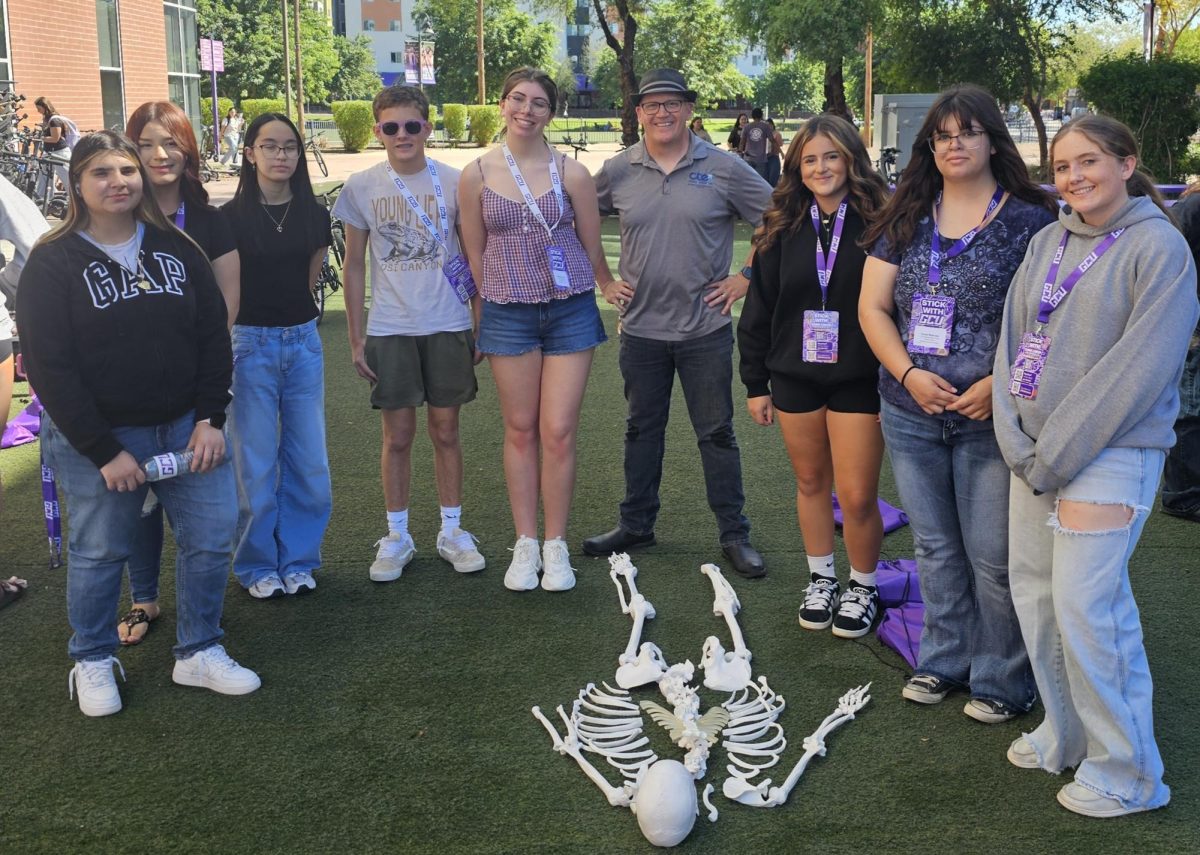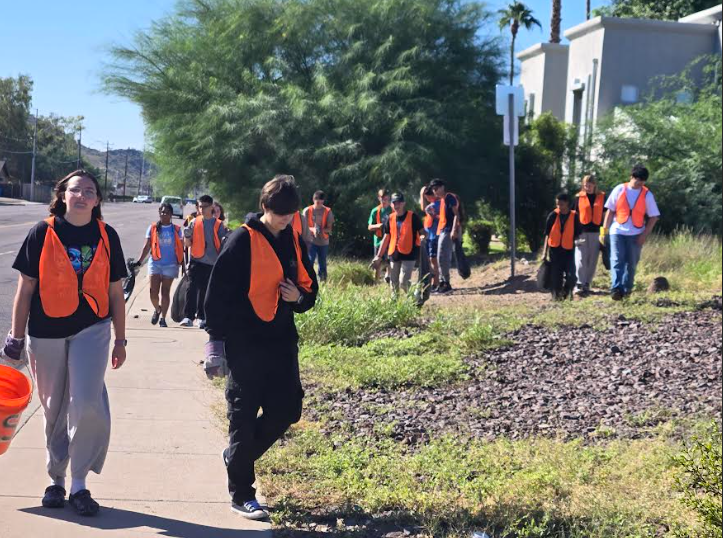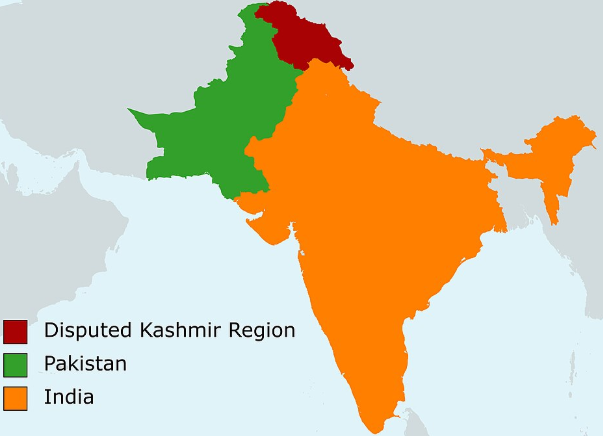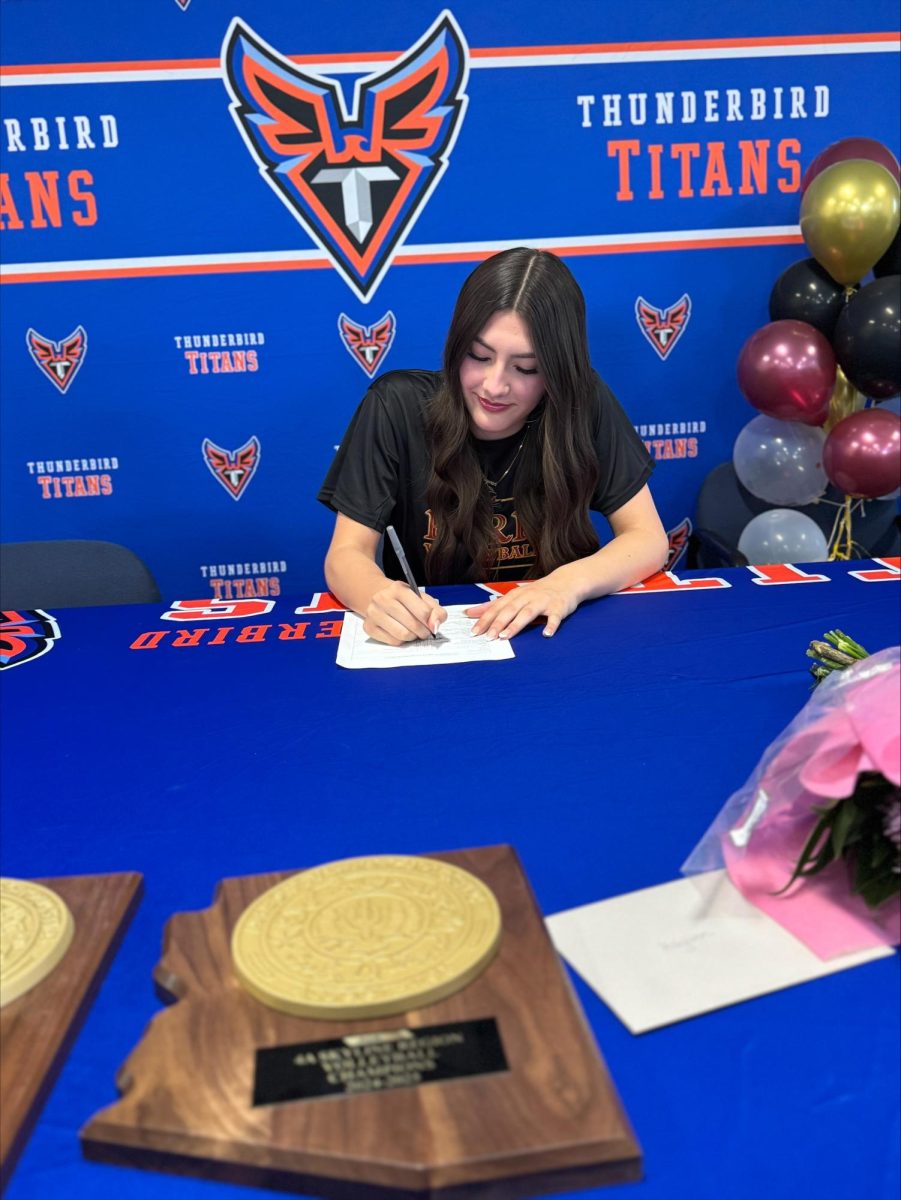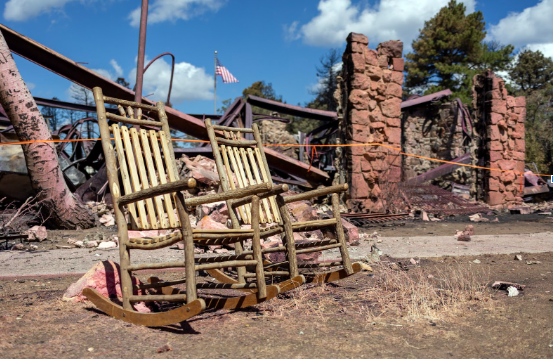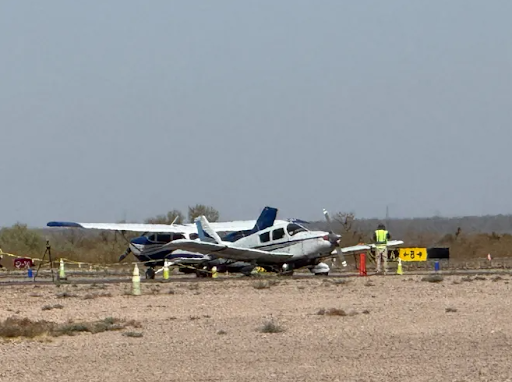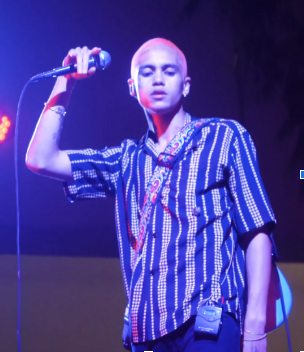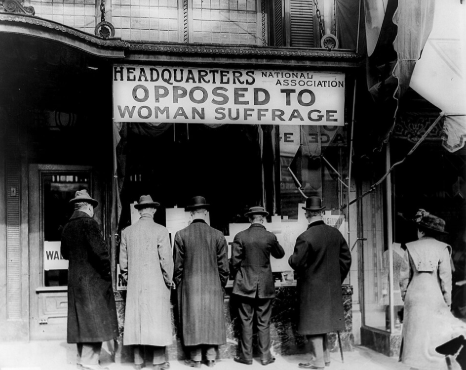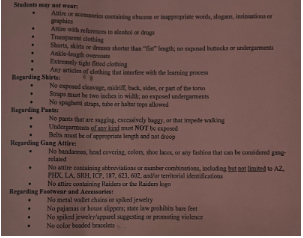Dating newfound cases back to 2010, measles was thought to have been dealt with using a vaccine. The next cases were found in Pennsylvania, Washington, and now an outbreak in Florida.
The measles vaccine, also called measles, mumps, and rubella (MMR) is said to defeat the disease, though a doctor on the topic has said it is because people have stopped going to the doctor since COVID-19, and are lacking in their vaccines.
The disease is also said to be a much higher risk to children and babies than to adults. Symptoms include cold-like symptoms, such as a runny nose, sneezing, and a cough,
sore, red eyes that may be sensitive to light, watery eyes, swollen eyes, a fever that may reach around 104 degrees Fahrenheit, small greyish-white spots in the mouth, aches and pains, and loss of appetite. These symptoms usually start 10-14 days after exposure.
Florida Surgeon General, Joseph Ladapo, wrote in a letter to Manatee Bay parents that students who have been identified with measles have been asked to stay home from school, and have been told they will receive continuous learning devices while at home, as the infectious period will likely be over March 7 (though that date could change at any time). “This recommendation may change as epidemiological investigations continue,” Ladapo said.
MMR vaccinations are given at around one and a half and can be an important vaccine for children. The process of measles is it creates a rash over the entire body, and after it covers the face it spikes a fever up to 104 degrees which is hospital-worthy. If you are near someone with measles unvaccinated, it is highly contagious.
CDC.gov reports measles cases by year, and in 2024, there have been 35 cases across Arizona, California, Florida, Georgia, Indiana, Louisiana, Maryland, Minnesota, Missouri, New Jersey, New York City, Ohio, Pennsylvania, Virginia, and Washington.


